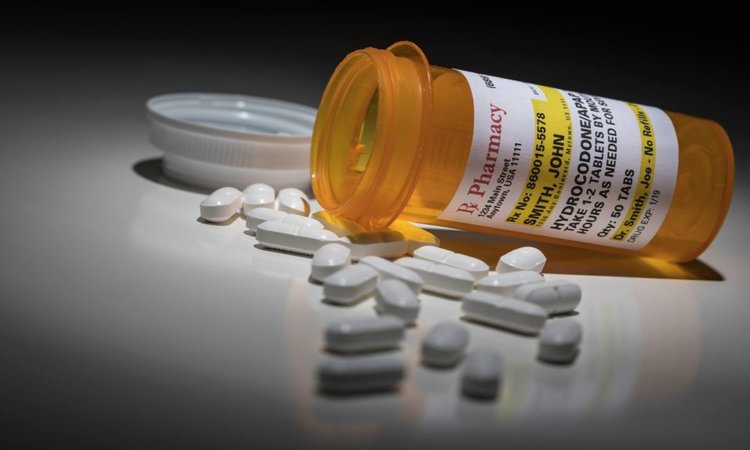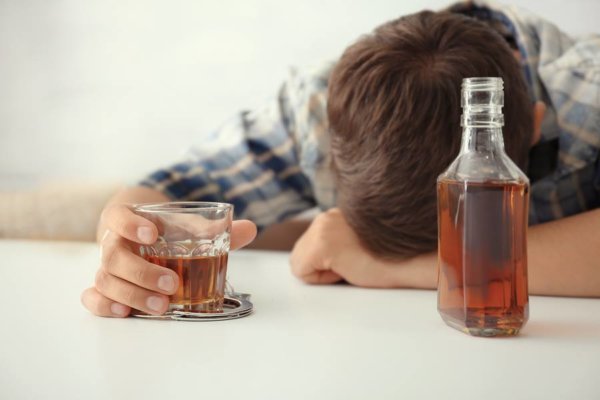
The Dangers of Using Hydrocodone With Alcohol – Both alcohol and prescription opioids are frequently abused in the United States. The risks of abusing either substance by themselves are considerable, but when the substances are combined, these risks are dramatically increased.
Alcohol Abuse
According to a survey conducted by the National Institute on Alcohol Abuse and Alcoholism (NIAAA) in 2015, more than 85% of people aged 18 or older reported drinking alcohol at some point in life. Indeed, excessive drinking is a serious problem in the U.S., as the same survey revealed that more than 25% of people also reported binge drinking in the month before the survey.
Alcohol use disorders (AUDs) are related to problematic alcohol use and manifest as a result of excessive consumption. An estimated 88,000 people in the United States die each year from alcohol-related causes, making it the fourth-highest preventable cause of death in the country.
What is Norco (Hydrocodone)?
Hydrocodone is a prescription painkiller frequently found in drug combinations such as Norco and Vicodin that also include the over-the-counter pain reliever acetaminophen (Tylenol.) Hydrocodone medications block some of the brain’s nerve receptors and are routinely used to treat moderate-severe pain.
Common side effects of hydrocodone include dizziness, sedation, constipation, and nausea. There is also the potential for more severe side effects that can occur with or with combining hydrocodone with other substances, including the following:
- Breathing problems
- Reduced heart rate
- Confusion
- Anxiety
- Depression and moodiness
- Abdominal pain
According to the Drug Enforcement Administration (DEA), hydrocodone is the most commonly prescribed opioid in the United States. Also, it’s potential to produce euphoric feelings and provide a sedative effect make it attractive to would-be recreational users.
With the prolonged use of Norco, physical dependence can develop, signified by withdrawal symptoms when the person discontinues the medication. As a person’s tolerance to the drug increases, more of it is needed to feel the same effects.
The person may then start to increase the dosage or modify the method in which it is used (e.g., crushing the pills and snorting the leftover powder), initiating a pattern of abuse that quickly leads to addiction.
Liver Effects of Mixing Hydrocodone With Alcohol

Combining hydrocodone with alcohol can be quite risky for a number of reasons. First, as with any drug containing acetaminophen, drinking alcohol in combination can lead to severe liver damage. In fact, hydrocodone is packaged with warning labels regarding its acetaminophen content.
If alcohol and acetaminophen are mixed, this can result in alcohol-acetaminophen syndrome (AAS.) AAS is characterized by increased levels of transaminase, a liver protein that aids in metabolism. This effect is frequently a sign that the liver is working overtime to metabolize both the acetaminophen and the alcohol, which can lead to severe liver damage or even liver failure.
AAS may occur because the alcohol is metabolized first, meaning that the highly toxic materials in acetaminophen in the liver are neglected. It has been hypothesized that this hepatoxicity could be the leading cause of acute liver failure in the U.S.
Dangers of Mixing the Substances
Unfortunately, while acetaminophen presents significant dangers when combined with alcohol, the pleasurable effects of hydrocodone often lead to polydrug use of hydrocodone with alcohol.
Concurrent use can result in the following symptoms:
- Poor judgment
- Impaired motor skills
- Confusion
- Respiratory problems
- Excessive sedation
- Coma and death
Moreover, consuming any drug containing hydrocodone with alcohol can lead to life-threatening effects. Alcohol intensifies and accelerates the release of hydrocodone into the system (as much as two-fold) which can result in dangerously high levels of the substance in the body. Alcohol use also increases the degree of the drug’s absorption.
While people often deliberately abuse hydrocodone with alcohol, it can also happen by accident. Those using hydrocodone should check the alcohol content of anything they consume. For example, something as seemingly benign as over-the-counter cough syrup may contain alcohol, and even a standard dosage can result in very serious reaction when combined with hydrocodone.
Finally, operating a motor vehicle or machinery can be hazardous after consuming either alcohol or Norco, but doing so after using a combination of both can be especially dangerous. Mixing hydrocodone with alcohol can lead to impaired judgment and the decision to get behind the wheel of a vehicle. Furthermore, impairment of motor skills can make it extremely difficult for a person to safely operate a vehicle once he or she is on the road.
Treatment for Alcohol or Hydrocodone Addiction
Addiction to either alcohol or hydrocodone alone can have devastating results. Combining the two substances compounds the effects and make the use of either one even more dangerous and potentially life-threatening.
Persons who are abusing alcohol and/or hydrocodone are urged to seek treatment at our center where we offer comprehensive, evidence-based services delivered by caring medical professionals who specialize in addiction.
We can help you restore balance and wellness to your life, free of drugs and alcohol indefinitely. Contact us today to find out how!